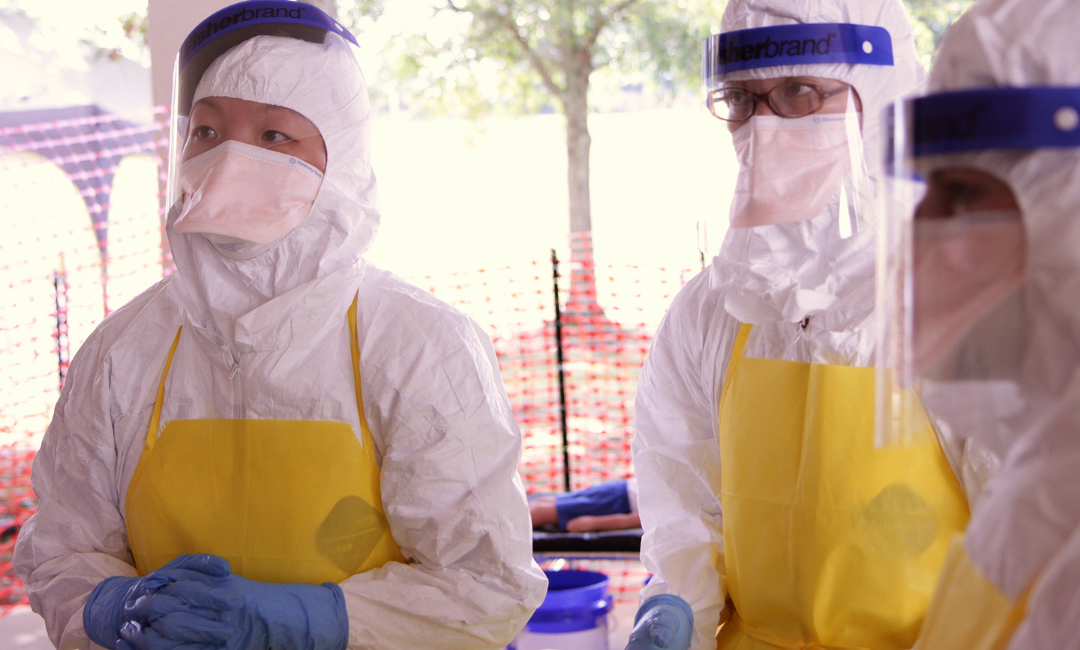What Does This Mean?
Nestled in the Rhode Island HEALTH Initiative, the NCLEX measure (2024-S 2083, 2024-H 7826) called for nurses to be exempt from “certain licensing requirements to practice before taking and receiving results” from the exam.
However, nurses would still need to be licensed within 90 days “from the date on the department’s licensing application fee receipt,” the bill states.
Rep. Stephen Casey, who sponsored the measure in the House of Representatives, said in a news release that the legislation is an “easy,” short-term step to help alleviate the nursing shortage.
“We did the same thing during the pandemic by executive order, so we know that it works,” Casey said.
Nurses should receive NCLEX exam results within six weeks, but can receive unofficial results in two business days if their nursing regulatory body is part of the Quick Results Service.
Senate Majority Whip Valarie Lawson, also a bill sponsor, said in the release that allowing new graduate nurses to begin on-the-job training before receiving NCLEX results is a tool “nurses and healthcare facilities have been asking for.”
To her point, the Hospital Association of Rhode Island (HARI) threw its support behind the measure.
“By allowing nursing graduates to practice pending the results of their NCLEX, this law provides a critical buffer that helps bridge the gap between academic preparation and full licensure,” M. Teresa Paiva Weed, HARI president, stated in the release. “This change will not only bolster our health care workforce but also support new graduates as they transition into their professional roles, reducing administrative delays that currently hinder immediate employment and practice.”









